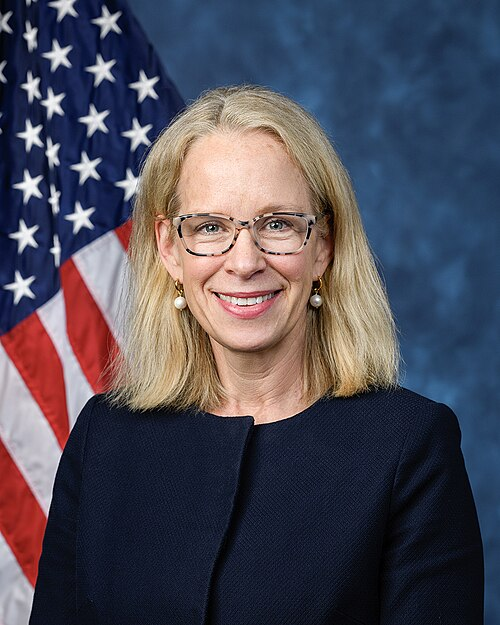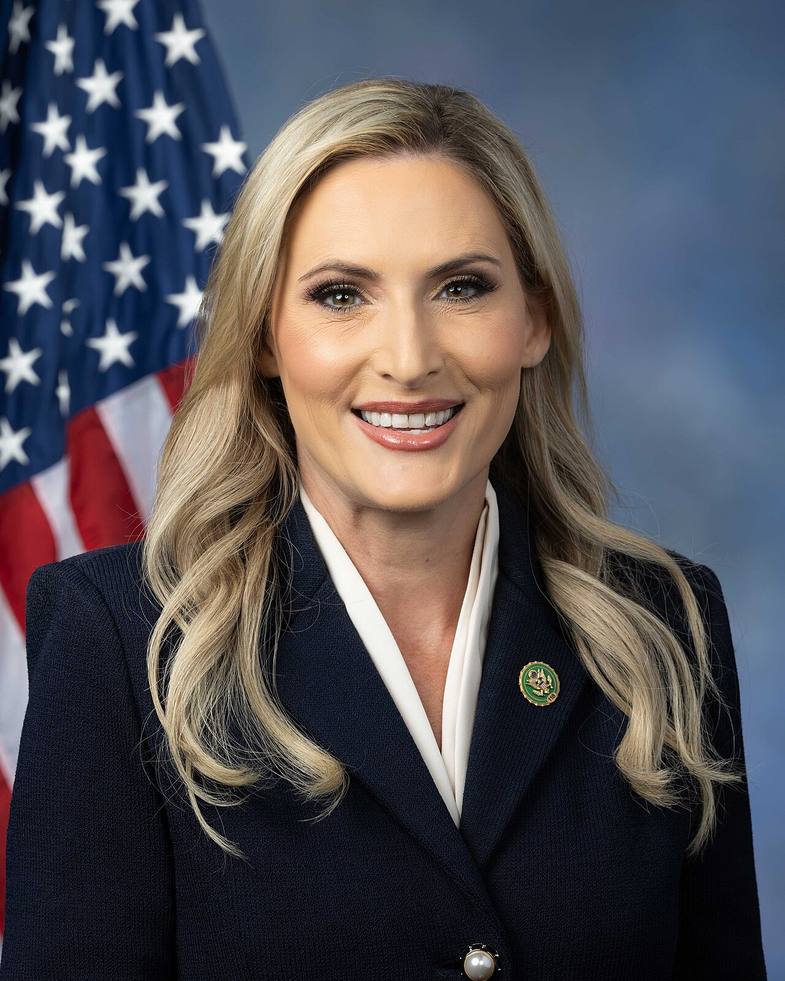S. 2665: Drug Shortage Prevention Act of 2025
The Drug Shortage Prevention Act of 2025 aims to enhance the notification process regarding potential shortages of critical drugs. Here’s a summary of the key points of the bill:
1. Changes to Notification Procedures
The bill amends existing laws to require manufacturers of certain vital drugs to inform the Secretary of Health and Human Services about any disruptions that could affect the supply of those drugs. This includes:
- Permanent discontinuation - If a manufacturer stops producing a drug or active pharmaceutical ingredient.
- Supply disruptions - If there are production interruptions that may lead to a shortage.
- Increased demand or export restrictions - If external factors will likely prevent the manufacturer from meeting market demand.
2. Required Information in Notifications
When manufacturers notify the Secretary, they must provide detailed information about the reasons for the supply issues, including:
- The source of active pharmaceutical ingredients involved.
- Alternative sources for those ingredients, if known.
- Expected duration of the interruption.
- Any associated devices that may also affect the drug’s availability.
3. Timeline for Notifications
The bill specifies timelines for notifications:
- At least 6 months ahead of any planned discontinuation or interruption.
- For other circumstances such as increased demand, within 10 business days of identification of the issue.
- If unable to comply with the above, notifications should be made as soon as practicable.
4. Information Distribution
The Secretary is responsible for disseminating information on significant disruptions to appropriate organizations, including healthcare providers and patient advocacy groups, to ensure they are aware of potential shortages.
5. Definition of Covered Drugs
The term "covered drug" is clearly defined to include drugs intended for human use that are:
- Life-supporting or life-sustaining.
- Used in the treatment of debilitating diseases.
- Critical to public health during declared emergencies.
6. Reporting on Supply Chains
Manufacturers must also regularly report on their supply chains. This includes providing information about their suppliers of active pharmaceutical ingredients and the amounts produced.
7. Enhanced Manufacturer Accountability
The bill increases accountability for manufacturers regarding their production capabilities and their communication with regulatory bodies. It emphasizes the importance of timely and accurate reporting to prevent drug shortages, thus aiming to improve drug availability for patients.
Relevant Companies
- PFE - Pfizer Inc.: As a major pharmaceutical manufacturer, Pfizer could be affected by the increased regulatory requirements regarding notifications of drug supply disruptions.
- MRK - Merck & Co., Inc.: Merck may need to adjust its supply chain management and notification strategies in response to the bill's requirements.
- JNJ - Johnson & Johnson: As a large healthcare company, they might face changes in their reporting procedures for critical drugs.
This is an AI-generated summary of the bill text. There may be mistakes.
Sponsors
6 bill sponsors
Actions
2 actions
| Date | Action |
|---|---|
| Aug. 01, 2025 | Introduced in Senate |
| Aug. 01, 2025 | Read twice and referred to the Committee on Health, Education, Labor, and Pensions. |
Corporate Lobbying
0 companies lobbying
None found.
* Note that there can be significant delays in lobbying disclosures, and our data may be incomplete.
















































